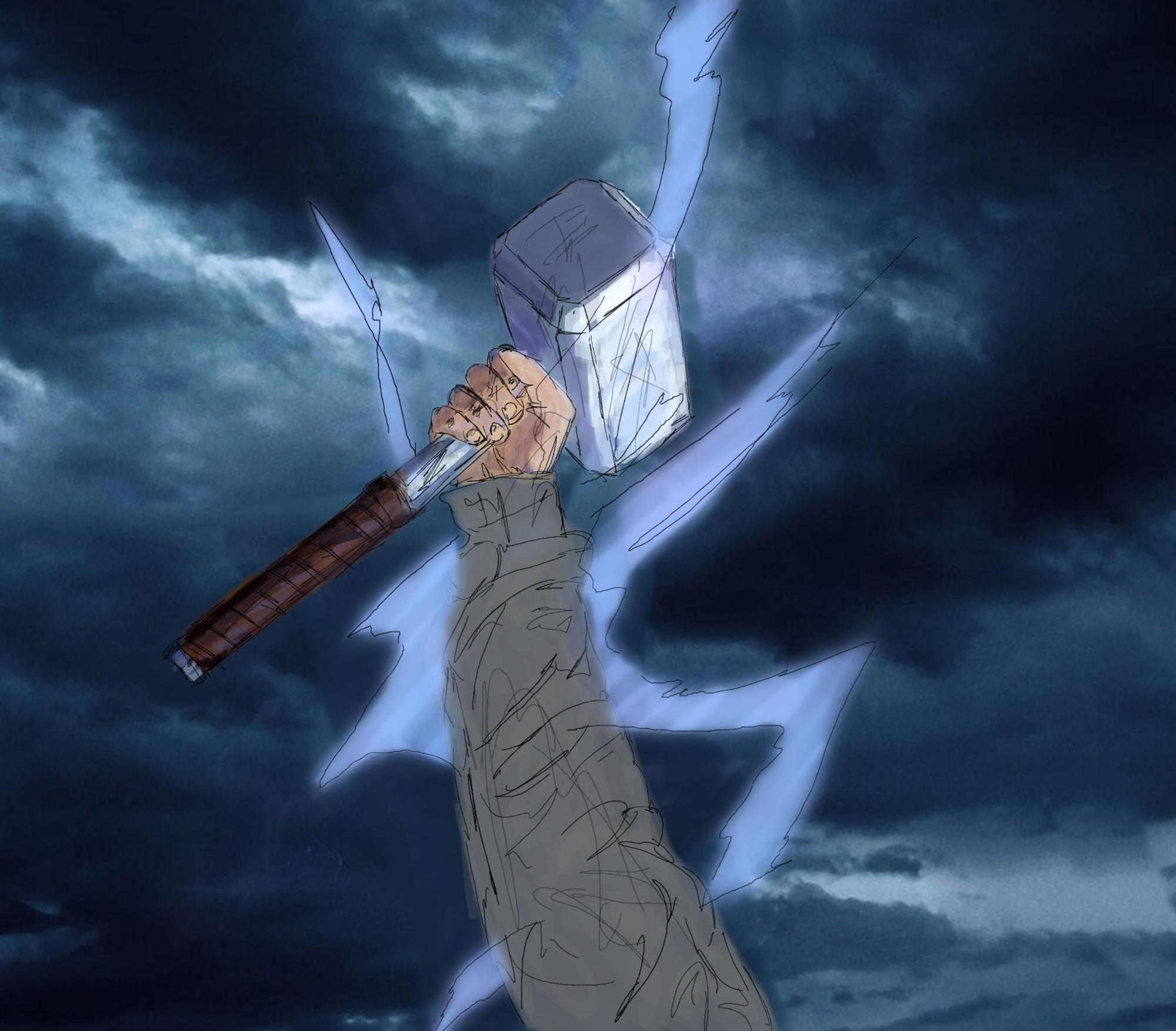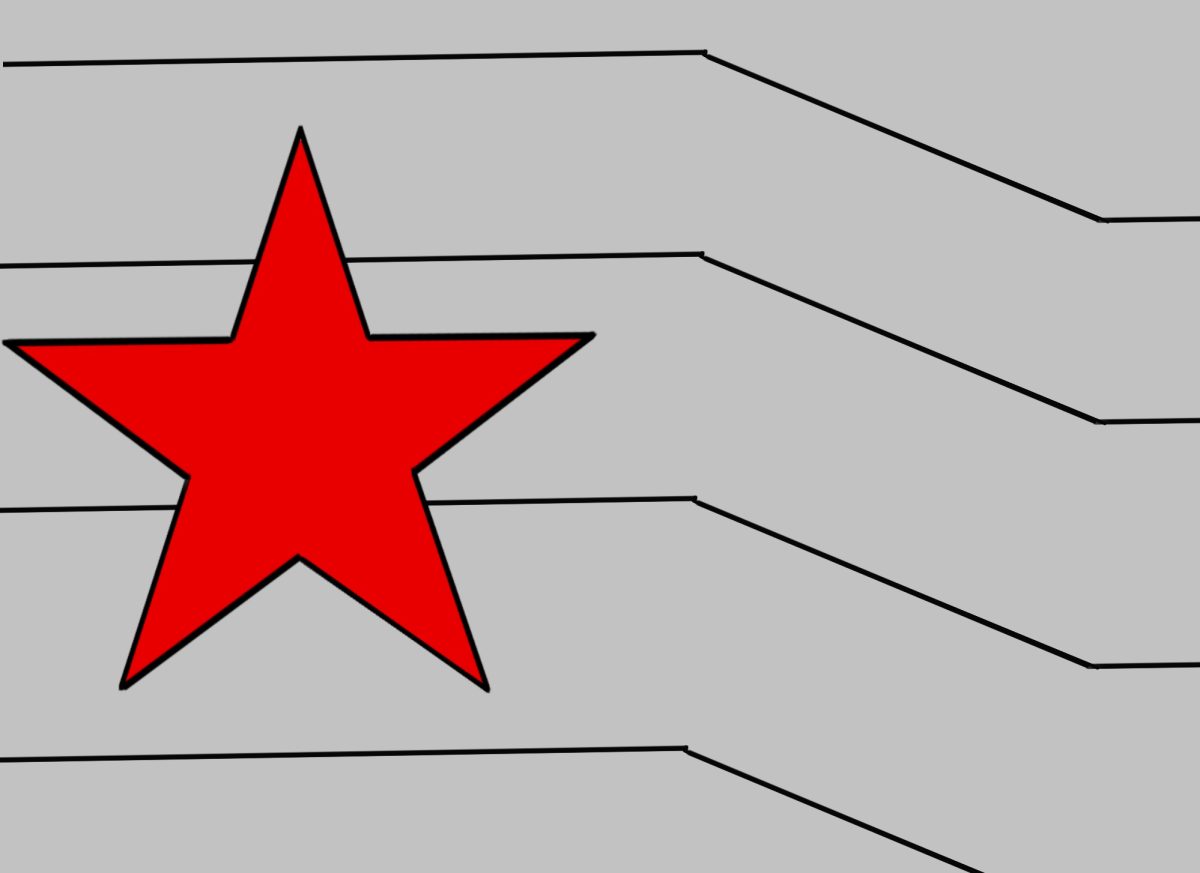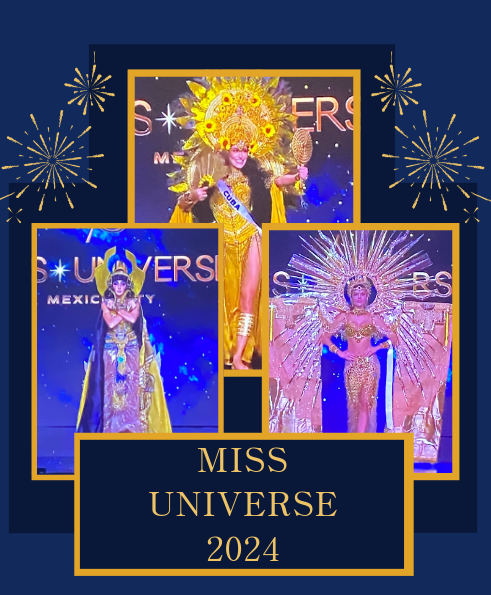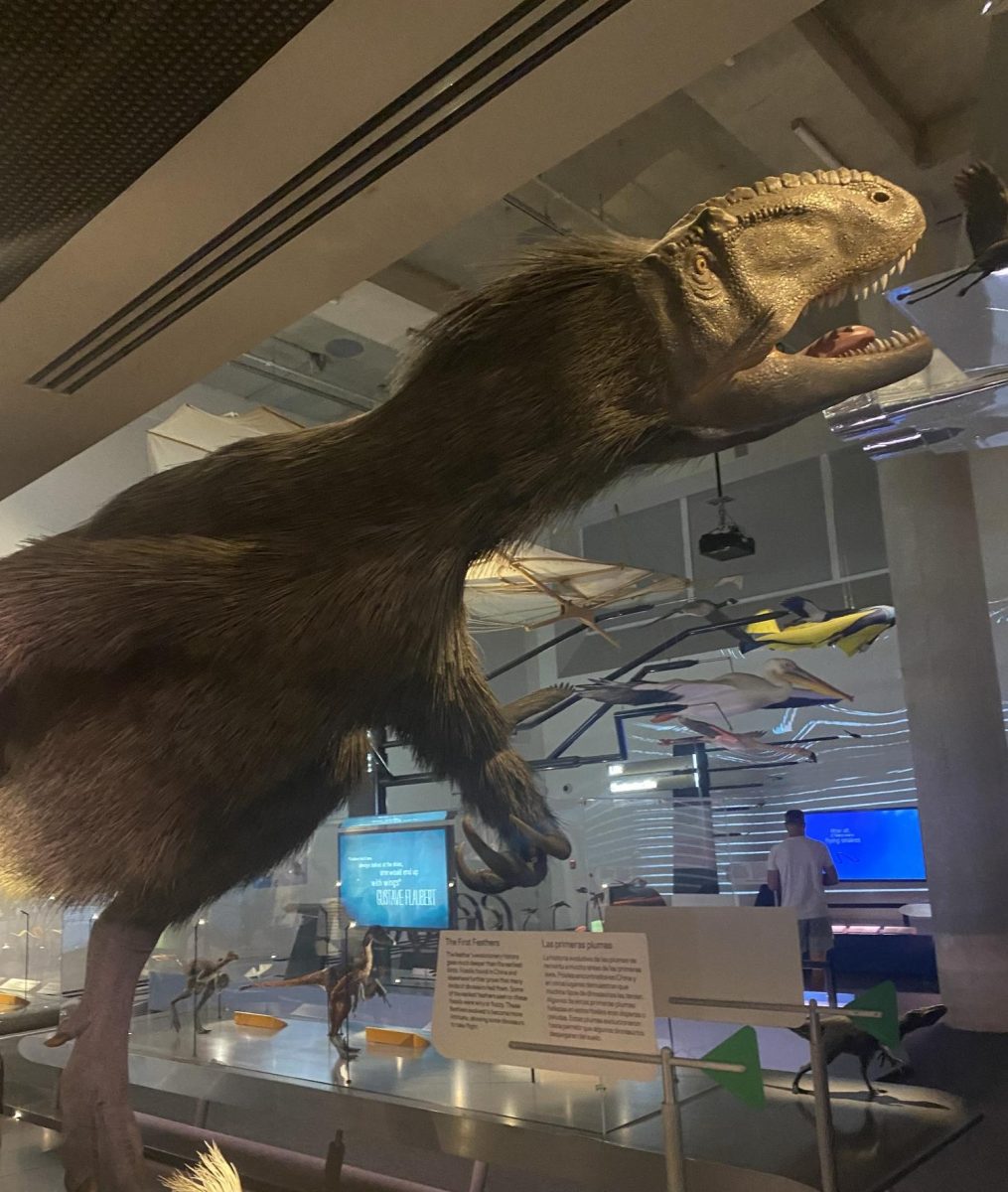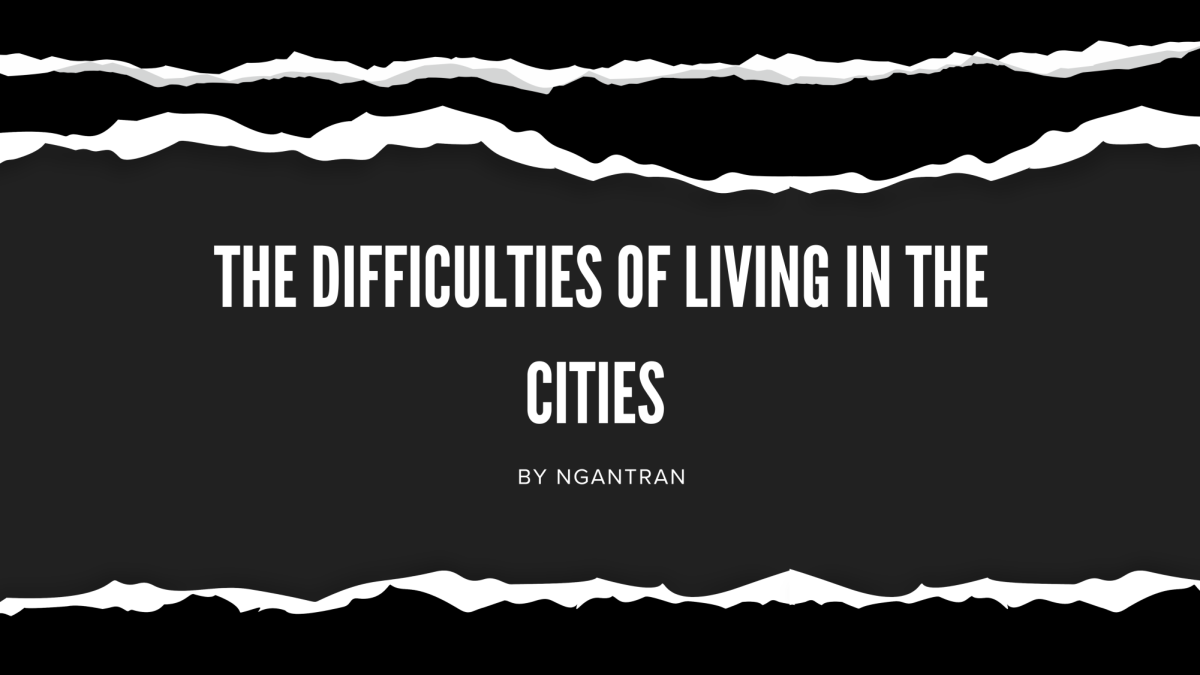The beloved fantasy drama “Ragnorok” produced by Netflix Norway recently released its third and final season at the end of August. It followed our protagonist Magne, a traumatized and shy teenage boy as the reincarnation of Thor, reliving the path laid out by the Norse gods of old.
CHARACTERS:
Other major characters are also reincarnations: Laurits, Magne’s younger half-brother as Loki; Harry the frank mechanic as Tyr; Wotan, an elderly and stoic retirement home resident as Odin; and charismatic new student Iman as Freyja are the five main Old Gods. Our villains are the Jutul “family”. Four Jotnar—supernatural beings—use a major industrial empire as a front for their evil doing. Vidar, head of the “family” is ruthless; he is the father of Laurits. Fjor, his successor throughout the seasons is even more vengeful and violent at times. Saxa, the daughter, is calculating, cold, and popular; she wants to be the successor of the company. Ran is Vidar’s wife and principal of the high school our main characters attend and is just as merciless.
SUMMARY:
The death of Magne’s environmentalist friend Isolde sparks the reincarnation process in the small sleepy town of Edda. He vows to fight against the injustice the Jutuls present to Edda following her mysterious death. As the show goes on he is joined by more gods in the fight against evil.
In the first season, we are slowly made aware of everything amiss in the town: Vidar eating the heart of a deer, which Magne realizes in the same blood found on Isolde’s jacket, or that toxic heavy metals have been leaked into the waterways and fjord but the drums suspiciously disappear.
In season two after Vidar’s death in the third episode, things take a massive turn. Saxa begins scheming to take over Jutul Industries from Fjor, the Midgard Serpent – Jörmungandr – is “born”, Magne has growing guilt due to killing Vidar, Fjor leaves his human lover behind, and the famed hammer Mjolnir is created in the last episode of the season.
GOING INTO THE MYTH:
The Poetic Edda—in which the town is named after—is a collection of Old Norse poems that detail many myths, but most noticeably Ragnarok. Stanzas 31-47 detail the Death of Baldr, rivers of knives and swords, dragons eating the dead, and other horrors of the battle. Stanza 45 perfectly summarizes these atrocities:
Brother will fight brother and be his slayer,
brother and sister will violate the bond of kinship;
hard it is in the world, there is much adultery,
axe-age, sword-age, shields are cleft asunder,
wind-age, wolf-age, before the world plunges headlong;
No man will spare another.
REVIEW:
The steady progression of the first 12 episodes of the show makes the ‘to be continued’ nature of it forgivable. The drama series never totally strays away from the more “human” elements like high school or first loves and that makes it endearing. This is a YA reimagining after all; it just wouldn’t be the same without those elements despite what many feel online.
The acting, especially in the original Norwegian version, is spectacular. David Stakson plays Magne and has a presence about him that makes the show that much better. In season three when his demeanor changes as an audience member I felt for him. Anger, distrust, and newly acquired confidence are all swirling in a former sweetheart and it makes your chest heave. Jonas Strand Gravli – Laurtis – perfectly conveys Loki’s mischievous and self-concerned nature, while also balancing where he belongs as both a god and a frost giant. His teenage insecurities give way to his motives clearly and intentionally while tiptoeing around the people in his sphere. His struggle with identity in many forms is portrayed beautifully by Gravli, and he is truly the star of the show.
The Jutuls are especially good as our antagonists. Their motives are clear and could easily turn into just “revenge, death, war!” but it doesn’t. Fjor’s (Herman Tømmeraas) struggle between wanting human love and his responsibilities to Jutul Industries in the first season is well done and his cold ruthlessness is very welcome in the seasons after. Saxa (Theresa Frostad Eggesbø) is also a wonderful actress; in seasons 2 and 3 Saxa undergoes scrutiny and punishment from the other Jutuls, making her scheme to manipulate Magne more sympathetic.
THIRD SEASON ANALYSIS:
The ending unfortunately didn’t receive as much acclaim as the rest of the show. Many believed it was a lazy cop-out or just plain bad writing, but taking things at the surface level has never been a trait of mine. With Magne having a dynamic shift to a standoffish and mean character, ignoring those who care about him most he becomes almost unbearable; I can agree with that. But I welcome the change because in the myths Thor is not the loveable hero Marvel made him out to be. He is ruthless and violent; while strong he can also be blinded by that ferocity.
Furthermore, Ragnarok doesn’t have to be a war. Yes of course the original myth was an epic battle to ignite the end of our world, but that already happened. The Jutuls are the last old world beings left, our new gods are just reincarnations. Rebirth is the real outcome of Ragnarok as stated by Britannica: “The sun will be darkened, the stars will vanish, and the earth will sink into the sea. Afterward, the earth will rise again.” In the end, we see all of the characters, even our antagonists, seated at a table congenial and mellow. All of the conflict, fighting, and agony in the first two seasons is gone.
Another clue that reinforces my theory is that on the “Ragnarok” Wikipedia page, it says he is “misdiagnosed with schizophrenia” by a psychologist planted by the Jutuls. If he is misdiagnosed, that means the interpretation of it all being in his mind is less likely. The “Thor” comics Magne is seen throwing away is symbolic of that rebirth. In the hypothetical battle, he’s seen taking the last nine steps before Thor’s death. After those imagined nine steps, he is “snapped out of ” that false reality. Well, what if it’s Magne putting away the immature desire to fight? Throwing the world into another dreadful battle would take away everything that the first two seasons worked toward. By not having this epic battle, they are having a silent agreement to let sleeping dogs lie. They’re agreeing to have a life, a true life, without the anguish of their reincarnated counterparts.



